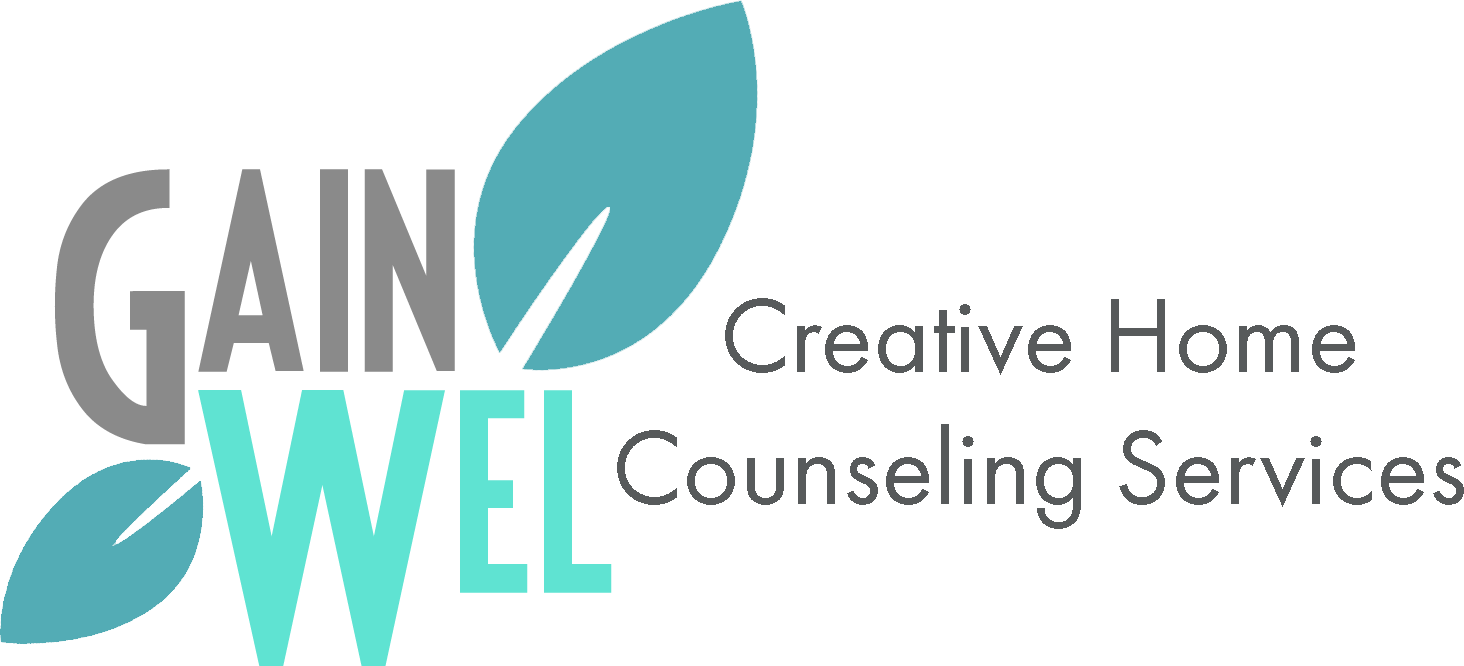Presentations to Professionals and/or Community Groups
Presentations can be made in any increments needed to fit your schedule. GainWel is a CEU provider for Social Workers and Registered Nurses. One-hour, half day and all-day workshops and staff development activities are available. Presentations can be geared for Professional development and training or to community group events.
See our Breakfast Series events calendar »
Don’t miss a class, sign up to be notified.
Topics we can speak on
- Aggressive vs. Assertive
- Anger and Stress Management
- Aroma Therapy
- Cultural Differences in Funerals and Burials
- Customer Relations: Pigs, Hula Hoops, and Knots
- Death and Dying
- Depression after Diagnosis
- Effective Listening & Communication Skills
- End of Life Planning
- Genograms as an Assessment Tool
- Grief & Loss for people dealing with Alzheimer’s disease
- Grief and Loss
- Guided Imagery and Hypnosis
- HIPAA and YOU
- Hospice and Palliative Care
- Independent Living with Client Safety
- Long Term Care – Issues and Answers
- Long Term Care Issues and Awareness
- Medical Decision Making
- Parenting our Parents
- Patient Rights and Dignity Issues
- Paving the Way for Depression
- Paving the Way for the Depression Treatment
- Psychosocial Aspects of Dementia
- Psychosocial Aspects of Hospice Care
- Relaxation and Stress Management
- Resident Rights
- Responding to your Parents Aging
- Services Elderly & Geriatric Care Management
- Spirituality and Care giving
- Texas Advance Directives
- The Aging Process
- Therapeutic Use of Self
- Working with Difficult People
- Depression after Cancer Diagnosis
Return to top
Ethics
Focused on meeting Ethics criteria for continuing education, topics include:
- End of Life Planning
- Ethical & Legal Issues for Case Managers
- Ethical Implications for Treatment Dilemmas
- Ethics of Informed Consent
- Ethics of Medical Futility
- Nutrition & Hydration: Ethical Considerations
- Ethics of Personal & Professional Boundaries
- Professionalism & Ethics
- Services to the Elderly: Ethical considerations for the Aging
Return to top

